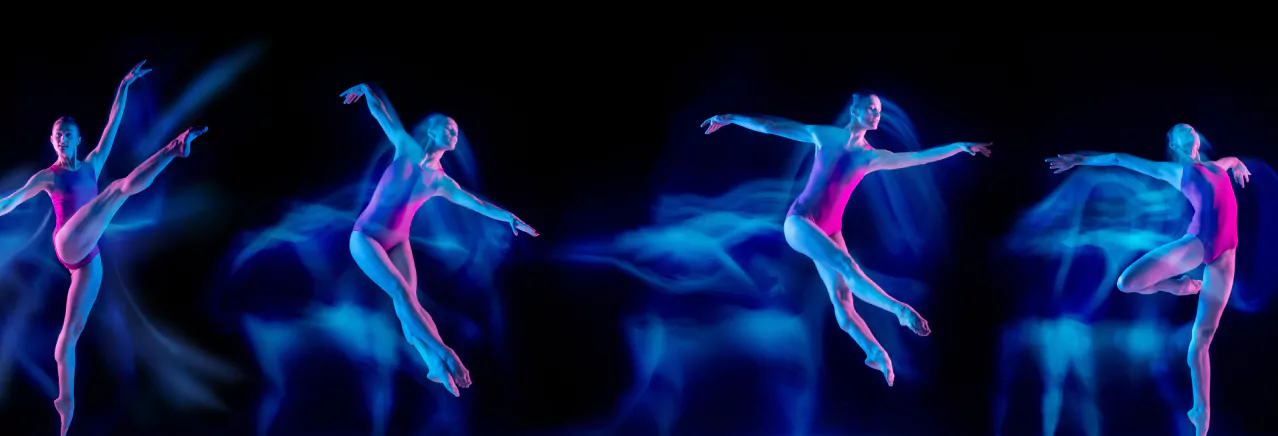
FINALISTS AND LAUREATES
A series of films in Russian sign language about unique temporary exhibitions in museums in Moscow and St. Petersburg.
Coming up with the ideas is great,иut it happens that life and circumstances themselves create the conditions for the idea to be born. We used to make "classic" video guides where one presenter talks about the museum's exhibits. But in the era of coronavirus when everyone was staying home it was necessary to create a content that catches people. We offered a project to VTB Bank, they tossed in their own ideas and it turned into a collaboration, which has already resulted in several very worthy -video-guides in Russian sign language.
For our project it's the implementation. You cannot simply "go out and do it". There must be experts of the highest level: Russian sign language specialist, deaf actors who can professionally convey complicated text in Russian sign language, deaf operators and editors. Project itself is a kind of collaboration between the deaf and those who can hear.
You should make projects which are demanded but supplied by anyone. This is the law of the market. We are trying to market our organization as a social entrepreneurship. Yet the Languages without Borders is an entrepreneurship. Deaf employees of our training center noticed that there is a huge number of entertaining videos in Russian sign language in social networks, but no educational ones. So we decided to solve this problem as much as possible. The value of our project for the deaf is that they can visit an exhibition or a museum without leaving their home and in a way which is convenient for them. This is especially relevant for the residents of the regions distant from St. Petersburg.